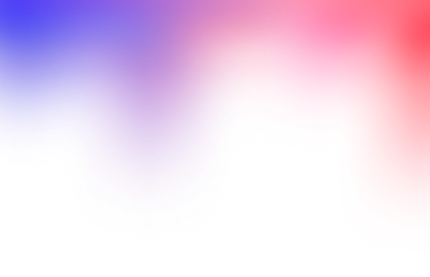Share

MidReal Story
The Unfinished Family Portrait
Scenario:宁静村庄中,代木一家中生了小孩,取名代木二,木一是农民,不识字,一辈子到死都是勤勤恳恳,爱喝酒。代木二上到小学就出去打工,在建筑工地挣钱,吃苦肯干,嘲笑木一只会挖泥巴。代木二后来生了代木三,读了研究生,进入了科技企业,每天写代码,勤勤恳恳,嘲笑木二只会挖砖块。木二年老之后,突然醒悟,自己不如木一,木三突然某天醒悟不如木二,但是代代人都是这么悲苦。
Create my version of this story
Dai Mu Yi
farmer
Dai Mu Er
father,construction worker
Dai Mu San
tech company employee
In a small, quiet village, the Dai family had a happy event, the birth of a boy, and named him Dai Mu Er.
Dai Mu Yi, the first generation of the Dai family, was a farmer and could not read or write his name.
He was hardworking, simple, and devoted all his life.
He toiled on the farm, raised a family, and had children.
When Dai Mu Yi had a son, he was very happy and took care of him.
After Dai Mu Er grew up, he did not help his parents with farm work; instead, he went to work on a construction site.
He did not finish school but learned some skills from his father.
He worked hard to support himself and his family.
As an adult, he mocked his father for not knowing how to read or write.
He had children of his own and faced similar challenges.
Dai Mu Er had a child named Dai Mu San.
He pursued higher education and landed a job at a tech company.
Dai Mu San worked hard and wrote code every day.
Sometimes he felt stressed about meeting deadlines and struggled with the complexity of his tasks.
One day, he realized that he was no better than his father, Dai Mu Yi.
His work was just like his father's work on the farm.
He thought that his job was just as important as his father's job.

I sit at my desk, staring at the lines of code on the multiple monitors in front of me.
My fingers hover over the keyboard, but I can't bring myself to type.
Memories flood my mind, memories of my grandfather's calloused hands working the soil, my father's arms covered in cement dust.
The family photo on my desk catches my eye, three generations of Dai men: grandfather in his worn farming clothes, father in his construction gear, and me in a company polo shirt.
I pick up the photo and trace each face with my finger.

The deadline notification pops up on my screen, but I minimize it.
Instead, I open my phone and scroll through old videos of grandfather teaching me how to plant seeds, father showing me how to mix concrete.
I realize that the legacy of hard work is not in what we do, but in how we carry it forward.
I close my laptop and head home.
The call comes when I'm halfway there, telling me that grandfather has passed away.
The three-hour drive to the village feels like an eternity as I grip the steering wheel, my tech company ID card dangling forgotten from my neck.
When I arrive, father is already there, his construction boots caked with mud.
Together, we help arrange the funeral.
Grandfather's coffin is simple, made of wood, just like the tools he used to till the land.
We carry it up the mountain path he walked countless times, the weight of his body reminding me of the loads of grain he used to carry on his back.
Father stumbles on the uneven ground, and I steady him, our hands joining on the worn surface of the coffin.
"Do you remember what he used to say about the land, Mu San?" my father asks, his voice breaking the silence.
"Yes," I reply softly, "he said it was alive, that it remembered everyone who worked it."

Father nods, tears in his eyes. "And now it's our turn to remember him."
I stand in my office cubicle, staring at the resignation letter on the screen.
My hands shake as I print it out, remembering the call from father a few days ago, telling me about his diagnosis.
The printer hums, spitting out the single page that will end my career in tech.
I sign it with a heavy heart, my wedding ring glinting in the fluorescent light.
It's the same ring father urged me to buy for a marriage I now refuse to pursue.
I remove it from my finger and place it beside the family photo on my desk.
A colleague walks by, asking about the project deadline.
I hand him my resignation letter instead.
He stares at me in shock as I begin packing my personal belongings into a box.
"You're really leaving, Mu San?" he asks, disbelief lacing his voice.

"Yes, I need to be with my family now," I reply, feeling the weight of my decision settle in.
"But what about everything you've worked for here?" he presses, concern etched on his face.
I sit in father's hospital room, watching him sleep.
My laptop runs automated tests in the background, the rhythmic beeping of medical monitors mimicking the urgency of office deadlines.
But here, time moves differently.
I open our family album on my phone - grandfather in the fields, father on scaffolding, me at my desk.
Father stirs and asks about my work.
Instead of answering, I show him photos from when he taught me to mix cement.
He smiles weakly and points to his calloused hands in the image.
"Your hands are soft now," he whispers.
"But they're ready to learn again," I reply, holding his gaze.
Father nods slowly, a hint of pride in his tired eyes.

"Then let's make sure the land remembers us both," he says, his voice filled with determination.
